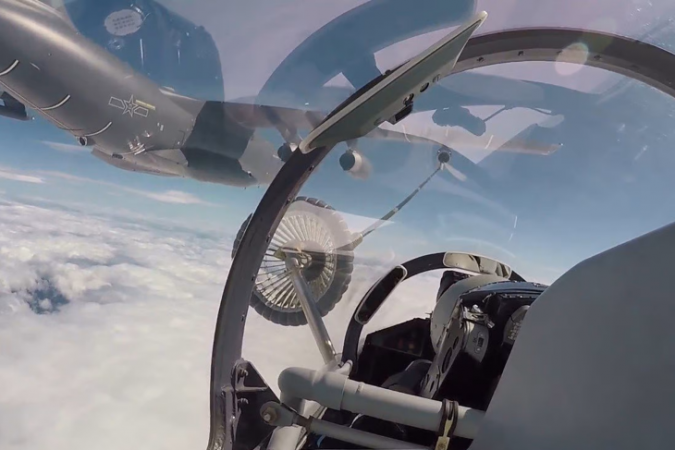
BEIJING: The leadership of the People's Liberation Army has become so dependent on Chinese President Xi Jinping that its generals are unlikely to oppose any plans to invade Taiwan, according to the author of a Pentagon-funded report on China's military.
Joel Vuthno, author of the report "Grey Dragons: Assessing China's Senior Military Leadership", claimed that he found parallels between the leadership issues affecting Russia's invasion of Ukraine by viewing the biographies of hundreds of PLA military officers.
According to Wuthno, a senior fellow at the Pentagon-backed National Defense University, "when you go through the data and analyze what China is promoting at the senior level, you start to see some similarities" in which generals [Russian] was convicted for giving. What President Vladimir Putin apparently gave was very poor military advice."
According to Wuthno, a senior fellow at the Pentagon-backed National Defense University, "when you go through the data and analyze what China is promoting at the senior level, you start to see some similarities" in which the generals are clearly Was convicted of giving a lot. Bad military advice to Russian President Vladimir Putin".
Wuthno questioned how willing the military would be to express their concerns to Xi Jinping if he himself decided that he should invade Taiwan for political reasons. Wouldn't there be too much pressure on them to comply with the boss' requests without objecting?
He continued, "And I think decision-making in China will be even more Xi-centric after the Party Congress," alluding to the upcoming 20th National Congress of the Communist Party of China.
The general secretary of the CCP, Xi is expected to win a third term in the Congress, making it one of the most important for the party in 40 years.
Some analysts believe a military invasion of the island is more likely in light of recent US legislative actions, which Beijing sees as undermining its claim to sovereignty over Taiwan.
After visiting Taipei last month, US House Speaker Nancy Pelosi began a series of rare PLA exercises that blocked Taiwan. A bill that would provide billions of dollars in funding for the island's military is currently making its way through the US Congress.
Despite challenges on the economic front, such as the economic fallout due to falling asset values and Beijing's "dynamic zero-Covid" response to the coronavirus pandemic, Xi stayed out of any major political scrapes.
Wuthno said it was likely that the military leadership would advise more than Xi would, Wuthno said, assuming the transition into his third term goes smoothly.
He also recalled the loss and damage done by the US military in Vietnam.
In the context of a democracy, the "failure" of the US military to the White House during the Vietnam War, according to Wuthno, "so you can imagine the situation in China is much worse."
Wuthno acknowledged the ways in which recent advances in military technology, such as hypersonic missiles and contemporary aircraft carriers, have made the PLA a more formidable force.
He claimed that coordinating these capabilities would be challenging, as Chinese military leaders work in silos and lack shared experience.
Wuthno said, "We should not underestimate the significant military modernization of the PLA. On the other hand, in war these things need a lot of support to work well.
Leadership, he continued, "is one of the important things, because if you don't have enough leadership, it's a lot more problematic to actually use these things in combat, whether it's talking about logistics, or Is he talking about the list of supplies you need.
Couple in China throws their dog out a fourth-floor window
Long-distance underwater communication technology developed by Chinese researcher
US Hasn't Done Enough to Address "Primary Concerns" of Pacific Nations